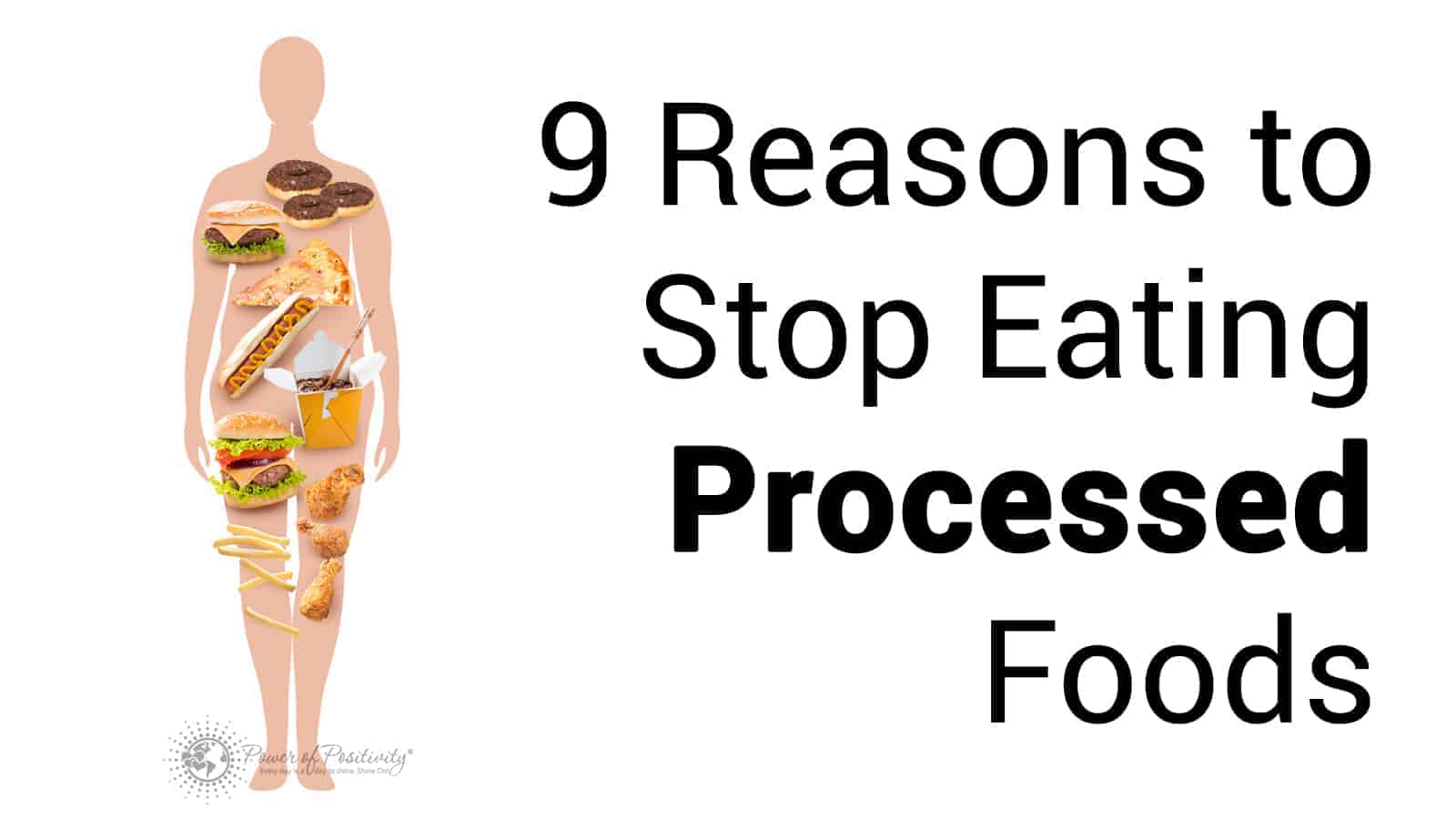“There’s a lot of processed food in America, and I know that can make some tourists who are used to fresh food feel sick.” – Wolfgang Puck
Wolfgang Puck is a famous chef and restaurateur that was born in Austria. As a foreign-born food expert, Puck is knowledgeable about the prolific presence of nutritionally-lacking meals -which are is unique to the United States and other Western countries. He is among many experts who testify to the harmful nature of food that undergoes processing.
As a reference, processed food is defined as “any deliberate change in a food that occurs before it’s available for us to eat.” This rather ambiguous definition doesn’t identify what makes some (not all) processed foods harmful. Mechanical processing – the physical actions required to grow, harvest and produce foods – isn’t harmful and doesn’t alter the nature of food.
Chemical processing – altering the chemical makeup of foods through additives and other artificial substances – can harm one’s health. Artificial substances include sweeteners, preservatives, and other elements. The inherent risk of such substances is a public safety concern in many countries for legitimate reasons.
Here are nine reasons to stop eating processed foods immediately:
1. Processed foods contain disproportionate amounts of sugar or corn syrup
Foods that contain sugar essentially contain empty calories. In other words, these calories provide no nutritional value. Studies have shown that these empty calories can have a harmful effect on the metabolism and cardiovascular system. The diabetes epidemic also strongly correlates with sugar consumption. Corn syrup, particularly of the high fructose variety, has been found to increase the risk of heart disease, cancer, obesity, dementia and liver failure.
2. Processed foods contain too many artificial ingredients
Many ingredients listed on the labels of these products cannot be properly read. This is because these ingredients are chemicals, and most chemicals have unpronounceable names. Many additives and preservatives contribute to potentially harmful physical effects, from common fatigue to heart disease.
3. Processed foods are high in refined carbohydrates
Refined carbohydrates are sugars and starches that have been modified (refined). The problem is that this refinement process empties the food of its nutritional value, including its fiber content. Of course, many sugars and starches contribute to several adverse health conditions.
4. Processed foods are usually lacking in nutrients
The manufacturing and packing cycles often empty the food of its nutritional value. Even though many of these foods are infused with synthetic (read: artificial) nutrients, the quality of nutrition derived from such is far superior compared to whole, unprocessed foods.
5. Processed foods are low in fiber content
Fiber has many different roles to play in developing and maintaining a healthy body. Primarily known to aid digestion, fiber also helps to: produce healthy bacteria, slow the absorption of carbohydrates, and create feelings of satiety.
6. Processed foods harm metabolic function
Because of the chemical makeup of these products – absence of fiber, nutrition, satiety and sustenance – our digestive system and metabolism operate poorly. The cumulate effects result in more food consumed and less food energy expended. In other words, we eat more stuff and burn less fat and calories as a result of eating these products.
7. Processed foods contain pesticides
To grow and harvest GMO’s (Genetically Modified Organisms), farmers must use pesticides and herbicides to preserve the area where they are grown. These pesticides and herbicides will often penetrate the soil and the crop itself. Needless to say, chemicals designed to eradicate insects and vegetation are not well-received by the human body. These chemicals have been linked to an assortment of functional and developmental problems, including cancer.
8. Processed foods cause inflammation
Various studies have shown that artificial ingredients such as processed flours, vegetable oils and refined sugars can cause or worsen cases of inflammation. Inflammation has been linked to a variety of maladies including dementia, respiratory problems and neurological disorders.
9. Processed food is often high in trans-fat or vegetable oil
Hydrogenated oils such as vegetable oil often contain an excessive amount of Omega-6 fatty acids, which has been linked to inflammation and oxidation issues. Studies have demonstrated that these substances carry and increased risk of heart disease.

















